Canada offers a number of incentive programs at both the federal and provincial levels to save electric vehicle buyers money. If you're looking to save money through Canada's rebate and incentive programs, this guide can provide you with the information, so let's find out the details!
Federal Incentives for Electric Vehicles
Incentives for Zero-Emission Vehicles (iZEV) Program
The iZEV program is an important federal program that offers rebates of up to $5,000 for the purchase or lease of eligible vehicles. These vehicles must be battery-electric, plug-in hybrid, or hydrogen fuel cell vehicles.
The rebate amount depends on the vehicle type and battery capacity. The eligible Manufacturer's Suggested Retail Price (MSRP) is subject to a cap that varies by vehicle type and seating capacity.
Charging Infrastructure Support
Through programs such as the Zero Emission Vehicle Infrastructure Program (ZEVIP), Canada is expanding electric vehicle charging infrastructure across the country. This includes supporting the installation of charging stations in public spaces, multi-unit residential buildings, workplaces, and more. The government is working with provincial and territorial governments to strengthen the charging network and ensure that most Canadians have access to charging facilities.
In addition, the budget for the iZEV program has been increased by $1.7 billion in 2022 and extended to March 2025. The iZEV program has been expanded to include a wider range of vehicle models, particularly larger vehicles that previously had limited eligibility.

Provincial and Territorial Incentives
Canadian provincial and territorial governments offer their own incentives for electric vehicles (EVs), which can be combined with federal incentives to save you even more money.
Below is an overview of the 2024 incentives by region:
British Columbia
B.C. offers support such as rebates and charging infrastructure. The Go Electric BC Rebate Program offers rebates of up to $4,000 on new electric vehicles, depending on the type of vehicle and the income of the purchaser.
In addition, the province has increased the luxury surtax threshold for electric vehicles to $75,000, making more expensive models more financially attractive. Used electric vehicles also benefit from a provincial sales tax exemption.
To support the actual use of electric vehicles, B.C. also offers rebates for the installation of home and workplace charging stations through utilities such as BC Hydro and FortisBC.
For more information on these incentives and how to apply, residents can visit the Go Electric BC website.
Quebec
In Quebec, electric vehicle (EV) incentives under the “Roulez vert” program offer hefty rebates. Currently, consumers can receive up to $7,000 in rebates on new all-electric or plug-in hybrid vehicles and up to $3,500 on used all-electric vehicles. Please note, however, that to claim these rebates, the vehicle must be first registered in Quebec. The purchase or lease must also take place within Canada and be for a minimum period of 12 months.
Another important qualifying criterion is the vehicle's manufacturer's suggested retail price (MSRP), which must be less than $65,000. The list of eligible vehicles and their respective discount amounts is updated regularly to ensure the latest models are included. Additionally, provincial incentives can be combined with federal rebates of up to $5,000 to maximize savings.
Ontario
As of 2024, Ontario will no longer offer direct provincial rebates for the purchase or lease of new electric vehicles. However, Ontario residents can still benefit from the federal Zero Emission Vehicle Incentive Program (iZEV).
In addition to federal incentives, Ontario is focused on supporting EV adoption through infrastructure development. The province is funding the installation of public electric vehicle chargers through the EV ChargeON program, which aims to expand the network of public charging stations, particularly outside major cities.
Nova Scotia
The Nova Scotia Electrification Rebate Program offers a range of incentives for electric vehicles (EVs) and plug-in hybrid electric vehicles (PHEVs). The program provides rebates for the purchase of new EVs and used EVs.
Rebates of up to $3,000 for new EVs and long-range plug-in hybrids can be combined with the federal iZEV rebate for a total savings of up to $8,000 off the purchase price. Short-range plug-in hybrid electric vehicles (PHEVs) are eligible for rebates of up to $2,000.
Rebates of up to $2,000 are available for used EVs and up to $1,000 for used PHEVs.
To qualify for these rebates, vehicles must meet specific eligibility criteria related to price and features, and meet provincial and federal standards.
Manitoba
In Manitoba, the provincial government introduced a rebate program. Through 2024, the program provides subsidies of $4,000 for new electric and plug-in hybrid vehicles and $2,500 for used vehicles. These rebates are available on vehicles purchased for less than $70,000 and are available to vehicles less than four years old.
The program is designed to encourage more Manitobans to consider electric or plug-in hybrid vehicles. If you are a resident of Manitoba and want to purchase a vehicle, act quickly. Discounts are subject to the availability of funds and are awarded on a first-come, first-served basis.
Alberta
As of 2024, Alberta will also no longer offer provincial incentives specifically for the purchase of electric vehicles (EVs). But Alberta can still benefit from federal incentives offered through the Incentive for Zero Emission Vehicles (iZEV) program.
While Alberta does not offer direct provincial rebates for private electric vehicle purchases, there are incentives for municipalities and certain utility providers. For example, support the installation of charging infrastructure and the adoption of electric vehicles in municipal operations, or provide incentives for participation in smart charging programs through local utilities (Alberta Electric Vehicles).
Newfoundland and Labrador
Newfoundland and Labrador offers a rebate program for electric vehicles (EVs), administered by Newfoundland and Labrador Hydro. The program provides rebates for new and used EVs and plug-in hybrids:
-
Rebate Amounts:
-
$2,500 for new or used all-electric vehicles (BEVs).
-
$1,500 for new or used plug-in hybrid electric vehicles (PHEVs).
-
-
Program Duration: The rebate program is active from April 1, 2023, to March 15, 2025, and rebates are awarded on a first-come, first-served basis or until program funding is exhausted.
-
Eligibility Criteria:
-
Vehicles must be purchased or leased (with a minimum lease term of 48 months) within the eligibility period.
-
The vehicle must be purchased from a licensed dealership in Newfoundland and Labrador.
-
Both individuals and organizations such as businesses and not-for-profits are eligible, provided the vehicle is registered for use in Newfoundland and Labrador.
-
-
Application Process: Applicants need to submit a rebate application along with a copy of the bill of sale or lease agreement and the vehicle registration document.
Prince Edward Island
In Prince Edward Island (PEI), electric vehicle (EV) owners can save money through significant provincial incentives. The PEI EV Incentive Program provides $5,750 for battery electric vehicles (BEVs) and $3,250 for plug-in hybrid electric vehicles (PHEVs). These incentives are available for new and used vehicles, as well as leased vehicles, and the amount varies by lease term.
Buyers can receive these rebates directly at the point of sale when purchasing a vehicle at their local dealership, eliminating the need to apply for the rebate after purchasing the vehicle and streamlining the purchase process. Owners who purchase a vehicle from a dealer outside of PEI can apply for the rebate when they register the vehicle in the province. In addition, the province offers a $750 charging incentive that can be used to purchase and install a Level 2 EV charger or to cover the cost of charging for owners who are unable to install a charger.
PEI is also committed to improving charging infrastructure, which includes multiple fast charging stations across the island. These initiatives provide convenient charging options and effective support for electric vehicle owners.
Yukon
The Yukon offers a $5,000 rebate for new battery electric vehicles (BEVs), hydrogen fuel cell vehicles, and plug-in hybrid electric vehicles (PHEVs). A lower rebate of $3,000 is available for new plug-in hybrids with a shorter electric range. These rebates are part of Yukon's efforts to reduce greenhouse gas emissions and apply to both individuals and businesses, with businesses eligible for up to 10 rebates per year.
In addition to providing financial incentives for the purchase of electric vehicles, the Yukon has invested in infrastructure to install fast charging stations in all road-accessible communities, greatly increasing the practicality of using electric vehicles across the region. These initiatives, all facilitated through the Good Energy Clean Transportation Incentive Program, demonstrate the Yukon's commitment to environmental sustainability and the promotion of cleaner modes of transportation.
For more detailed information or to apply for a rebate, residents and businesses can visit the official Government of Yukon rebate page.
Northwest Territories and Nunavut
In the Northwest Territories, the Arctic Energy Alliance (AEA) offers a rebate program to promote the use of electric vehicles (EVs) and related infrastructure. Residents and organizations can receive $5,000 towards the purchase of new battery electric vehicles and plug-in hybrids and an additional $500 towards the purchase of a Level 2 home charger.
These incentives are only available to those who live in communities connected to the hydroelectric grid, which includes places like Yellowknife and Hay River. These rebates are dependent on available funds and specific eligibility criteria for purchasing and registering a vehicle in the NWT.
In addition, the GNWT has launched the Electric Vehicle Infrastructure Grant Program. This program provides support for the installation of electric vehicle charging infrastructure, covering up to 50 percent of eligible costs, up to a maximum of A$5,000 per Level 2 charger and A$75,000 per Level 3 charger.
Conclusion
Based on these incentive programs, now is the perfect time to consider purchasing an electric vehicle. My advice is to delve into the specific incentives available in your province as well as the federal programs. Be proactive and apply for these incentives as some are time-sensitive and government funding is limited. I believe that by applying for these programs you can maximize your savings and contribute to a greener future.
Related reading: Canadian Electric Vehicle Charger Rebates and Incentives Guide

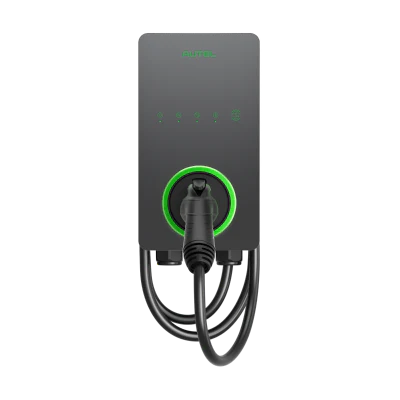
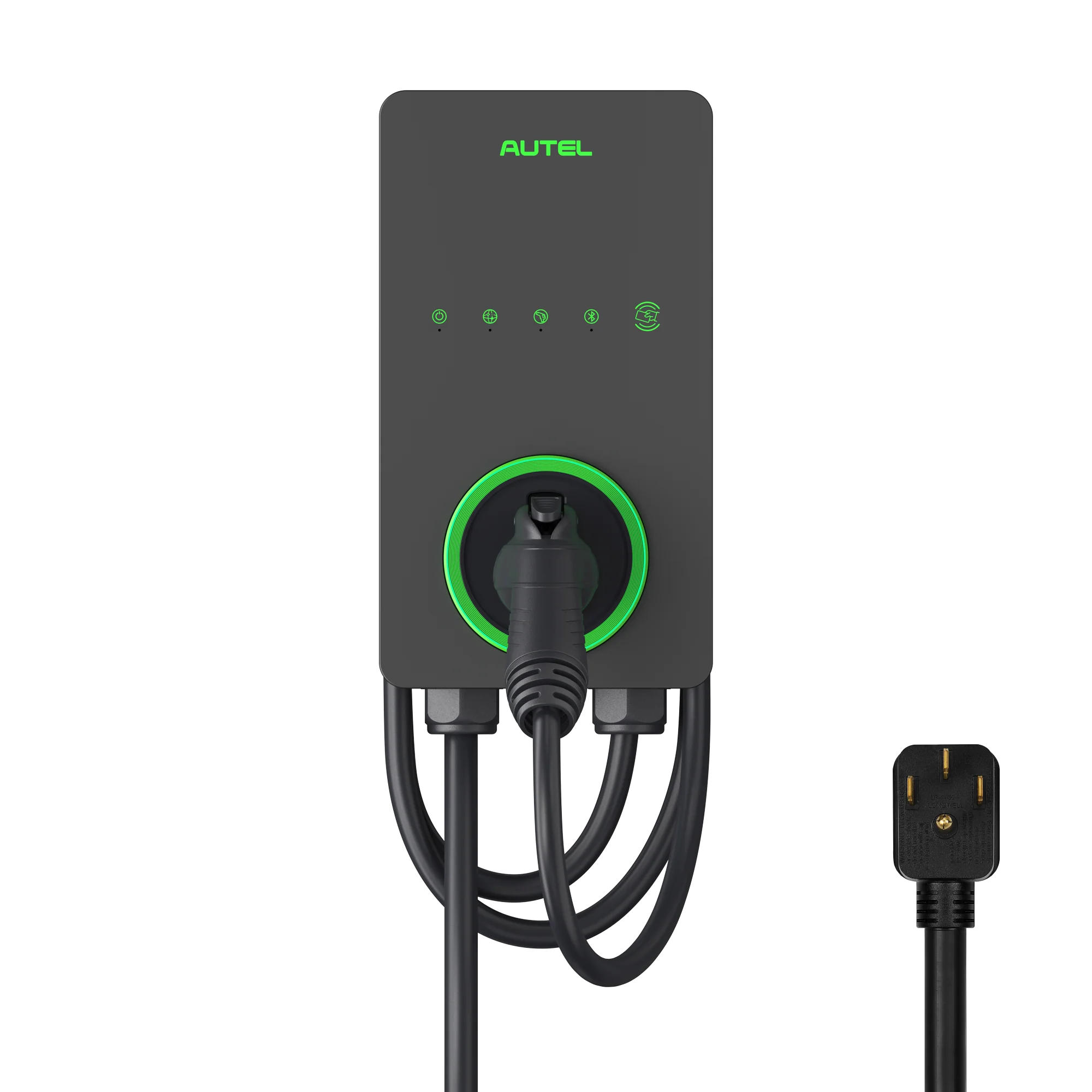
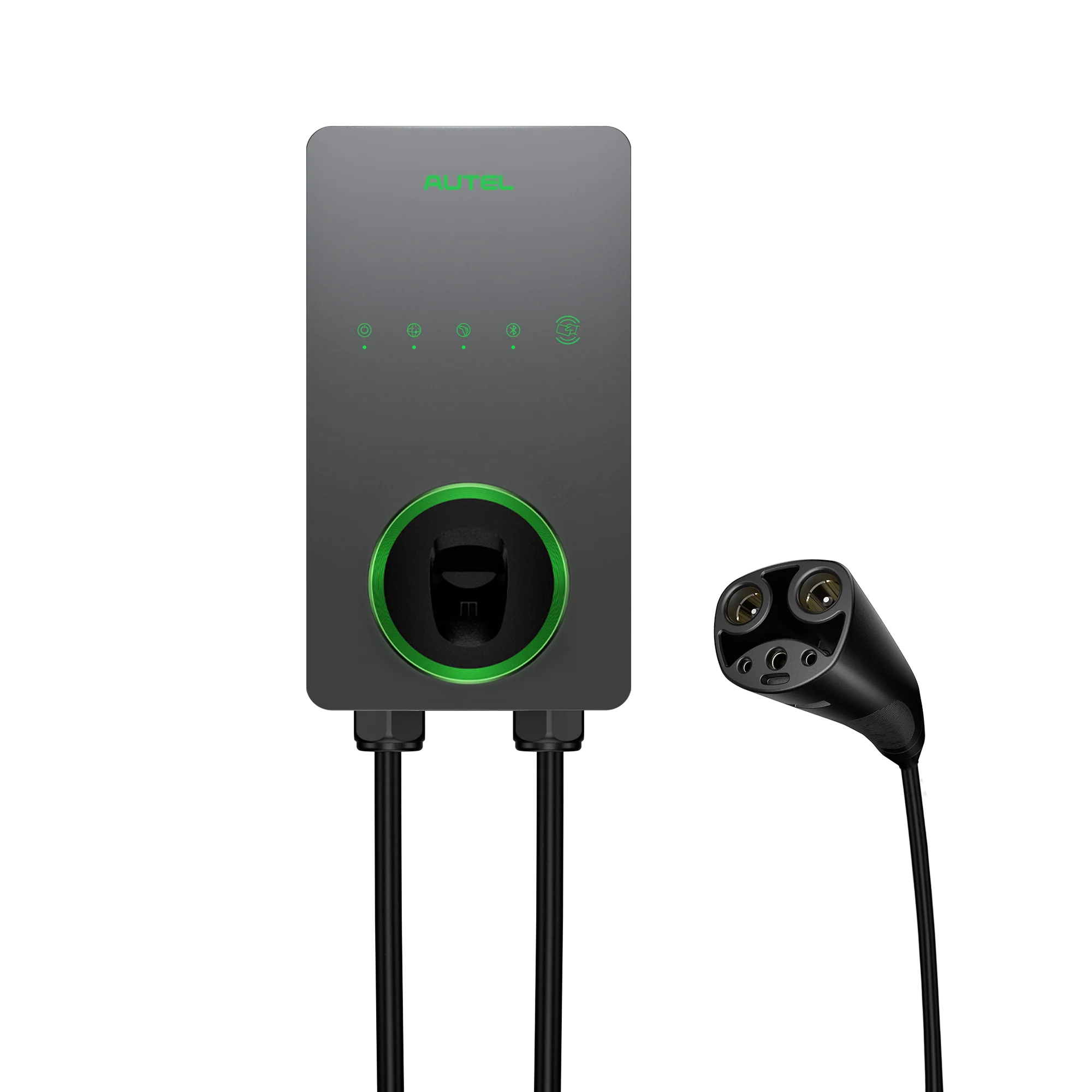
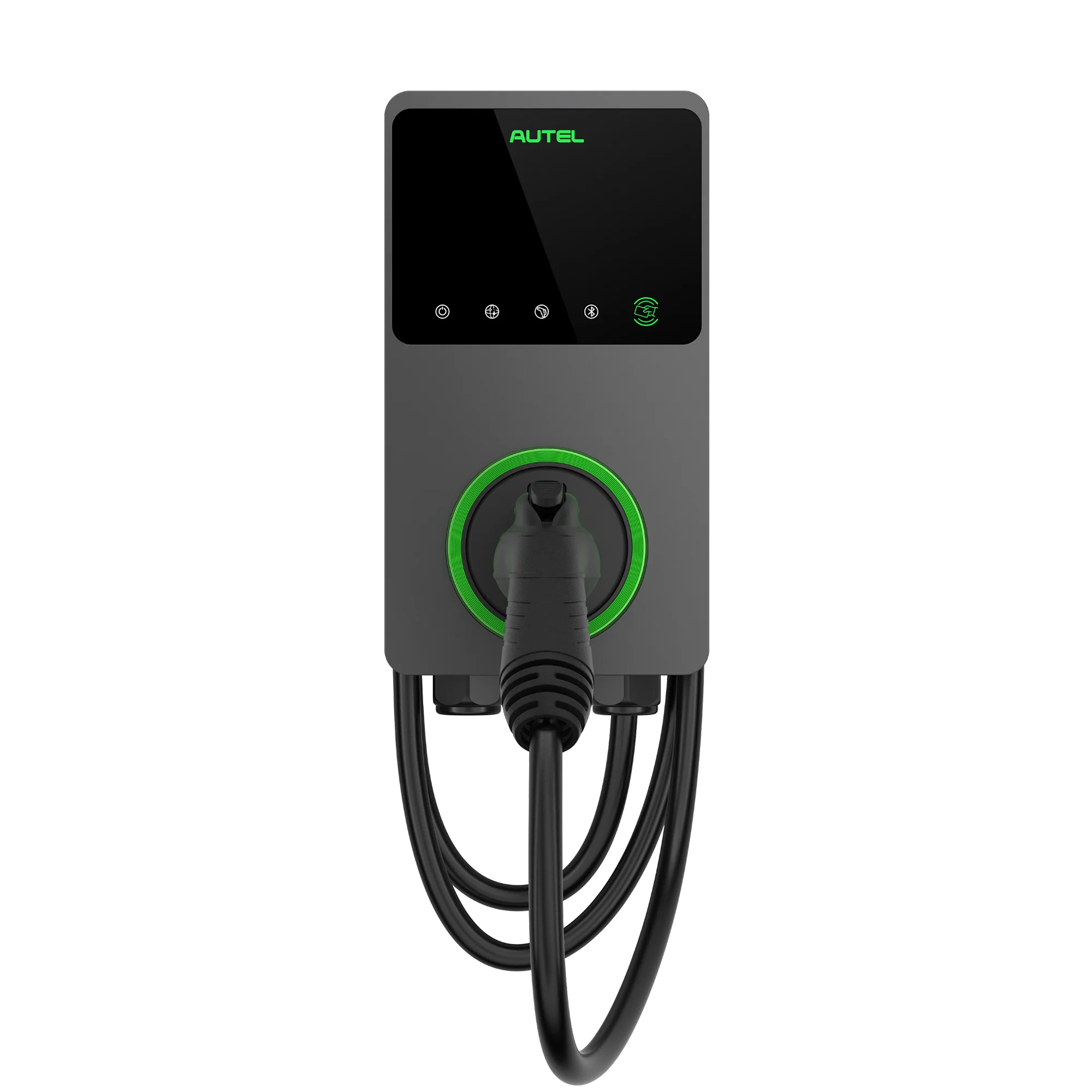
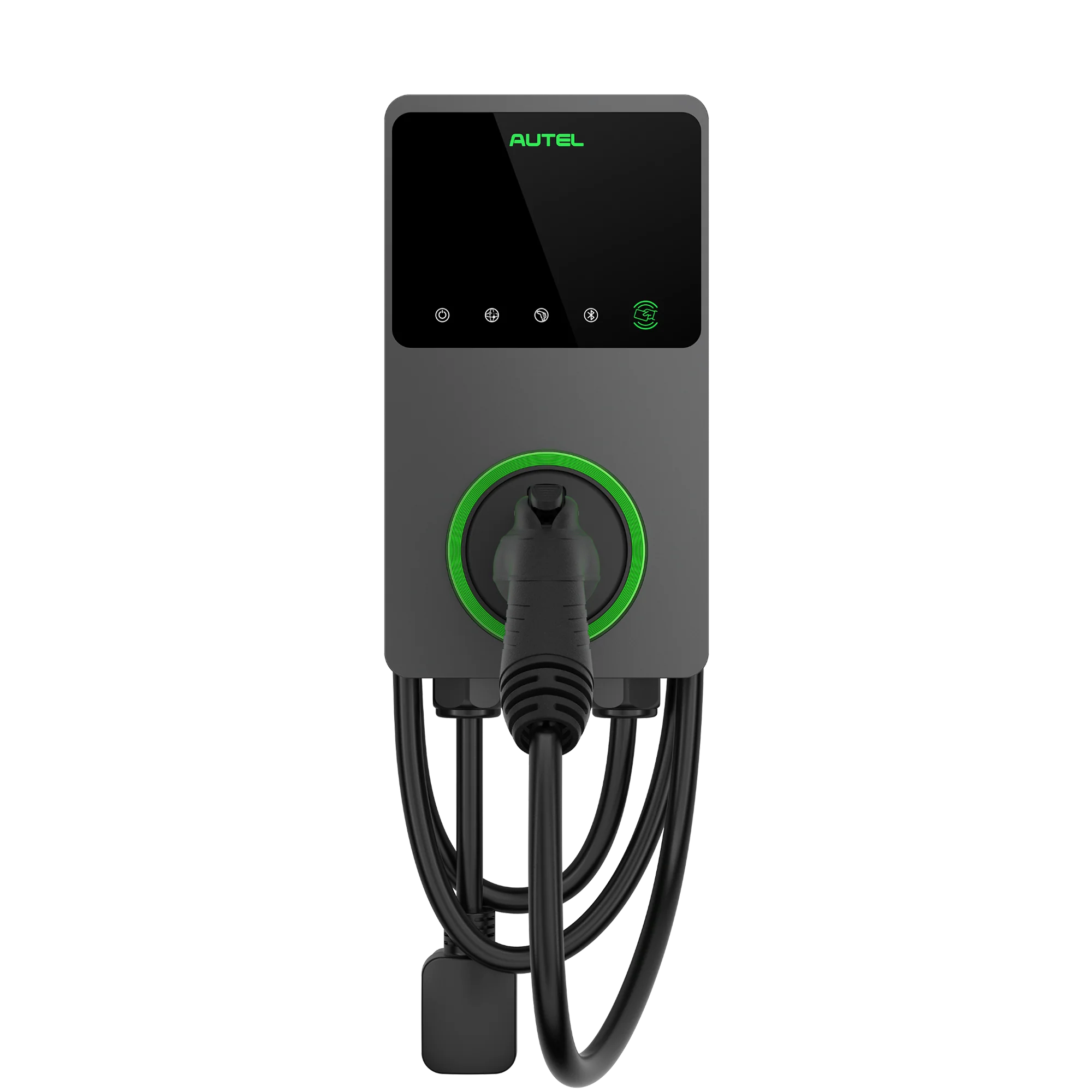
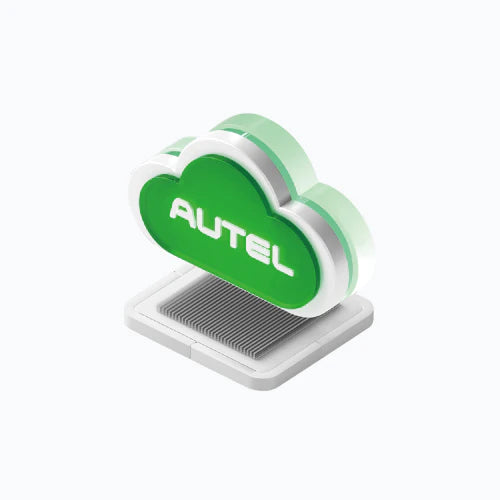
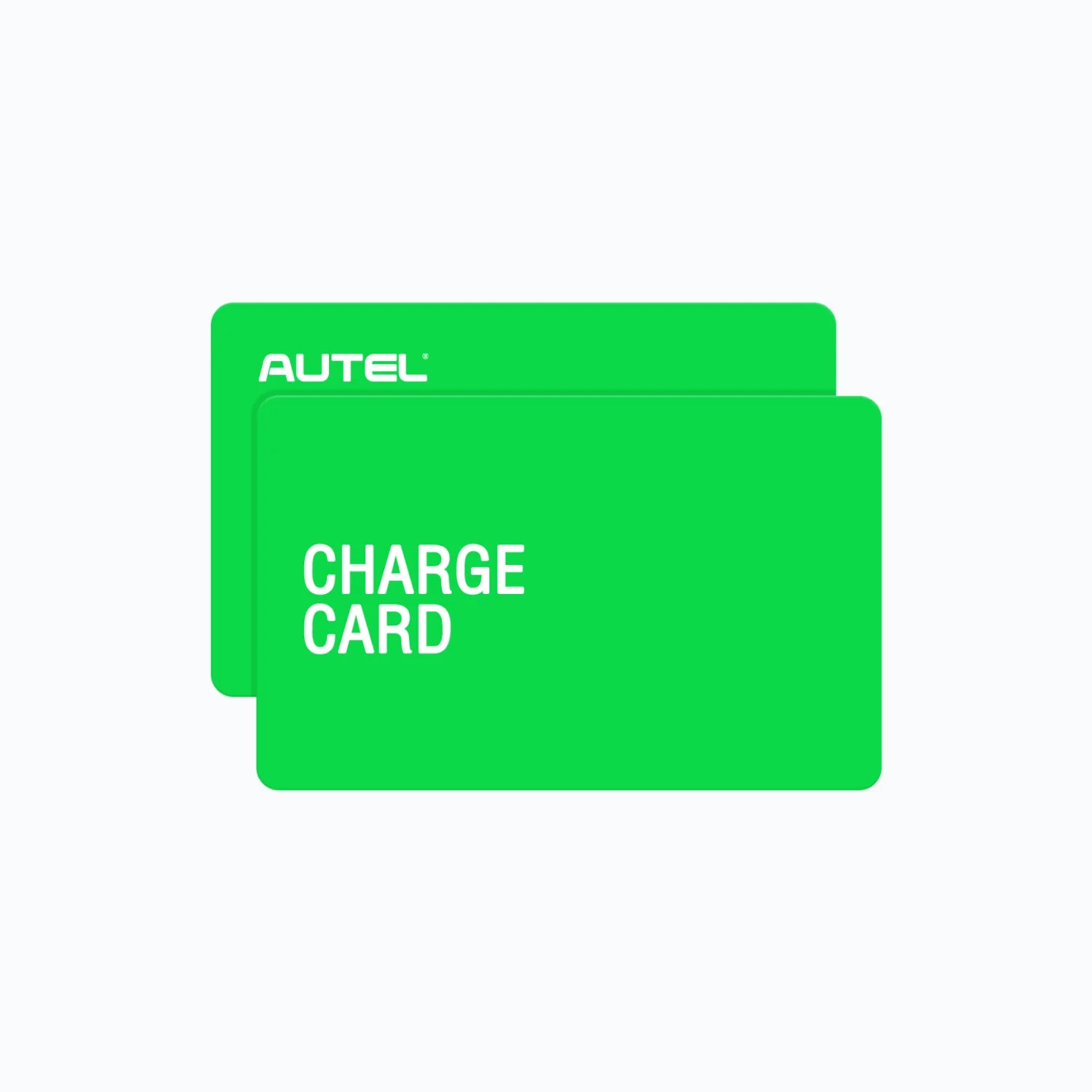
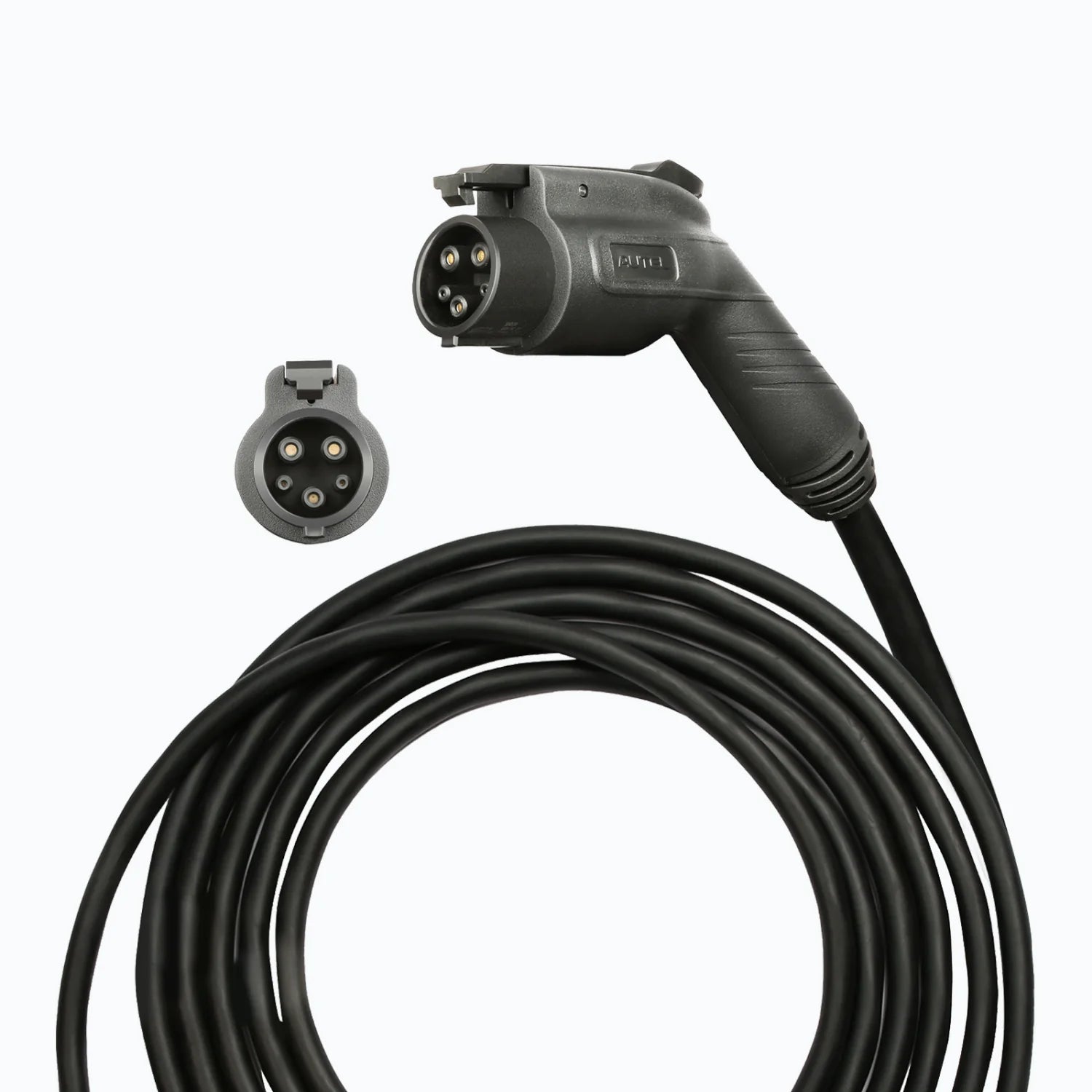
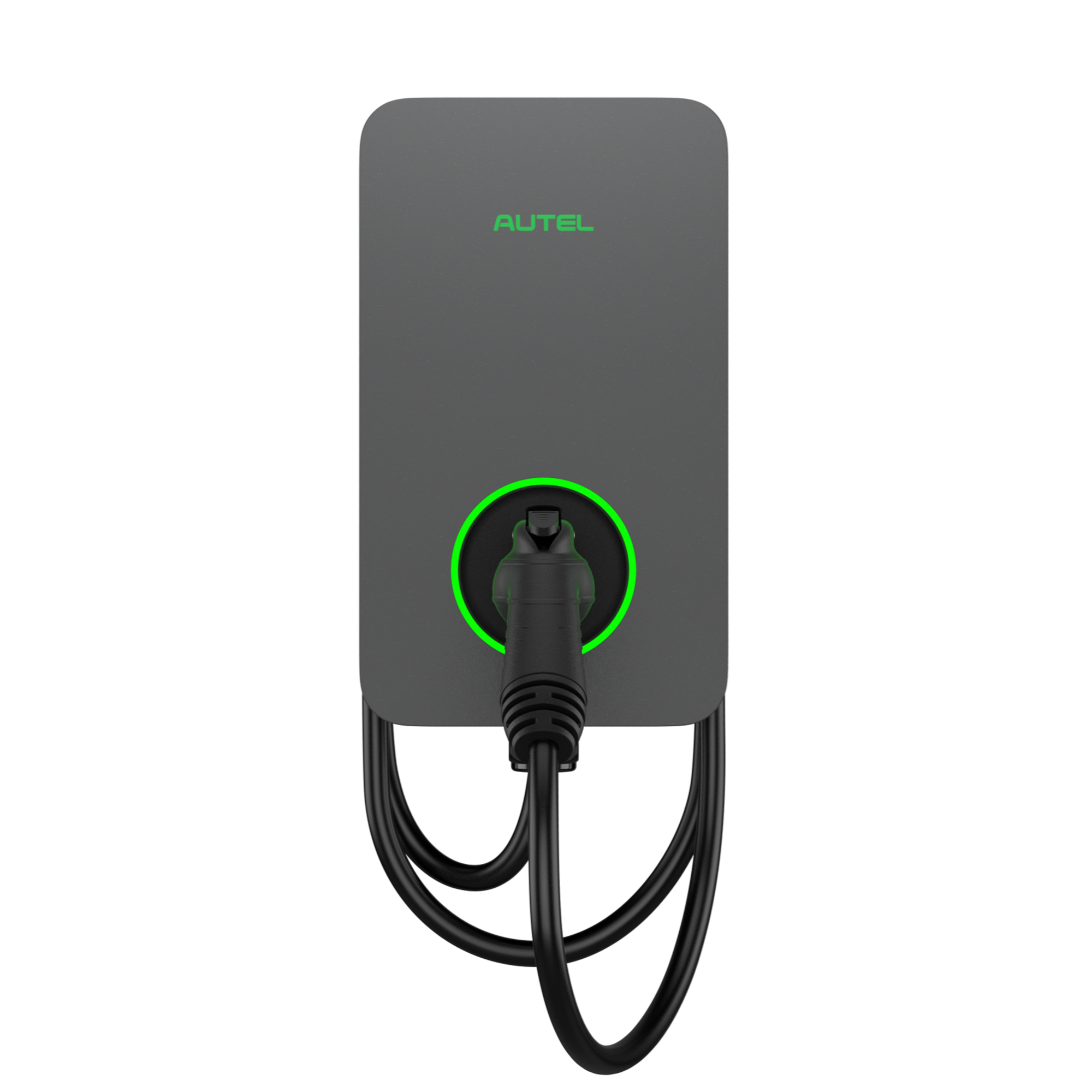

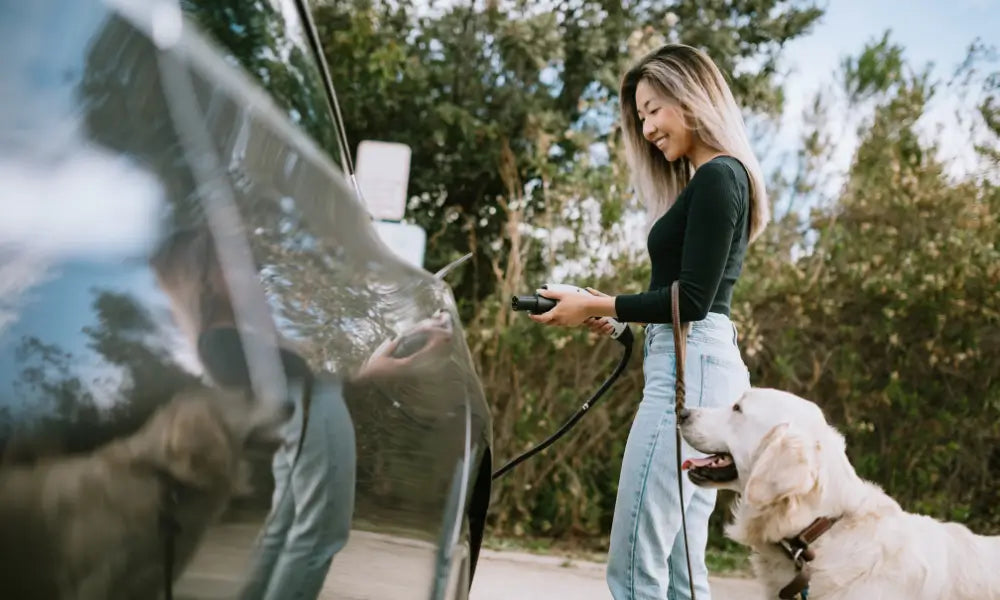
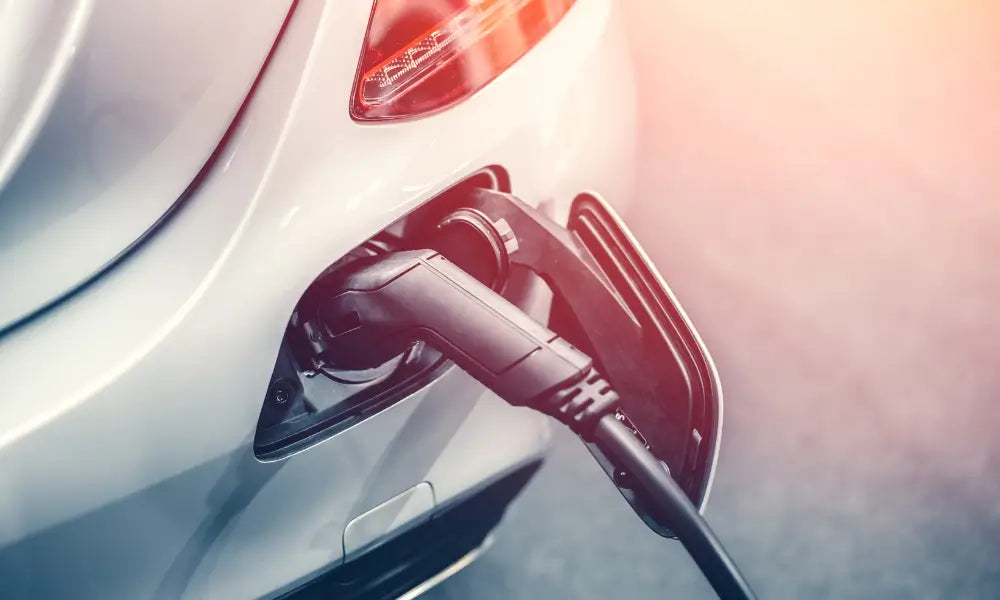
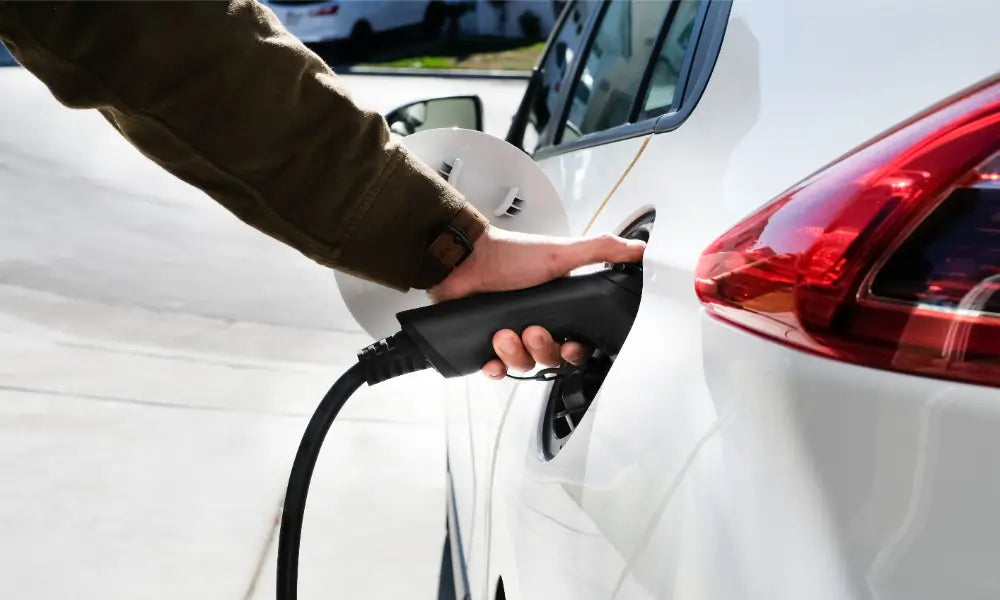
Leave a comment
All comments are moderated before being published.
This site is protected by hCaptcha and the hCaptcha Privacy Policy and Terms of Service apply.